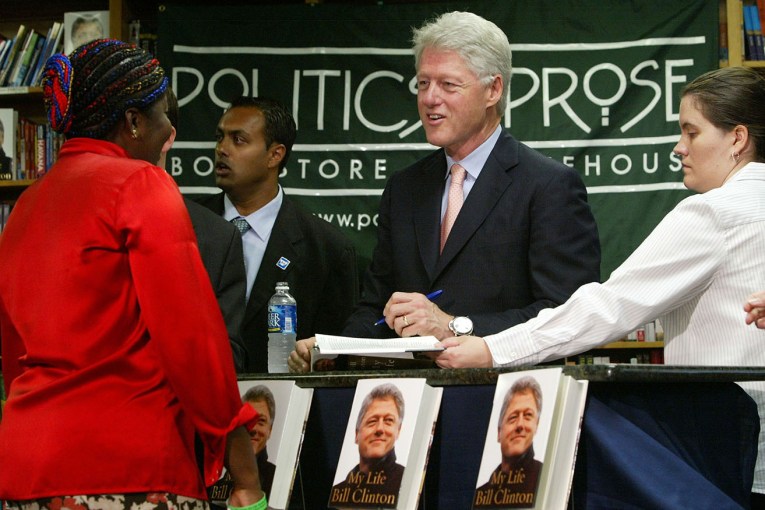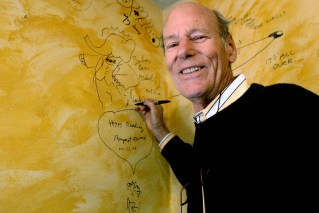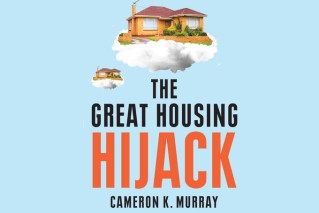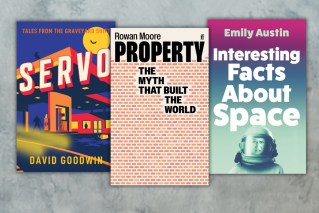War in America: why a foreign correspondent imagines the worst

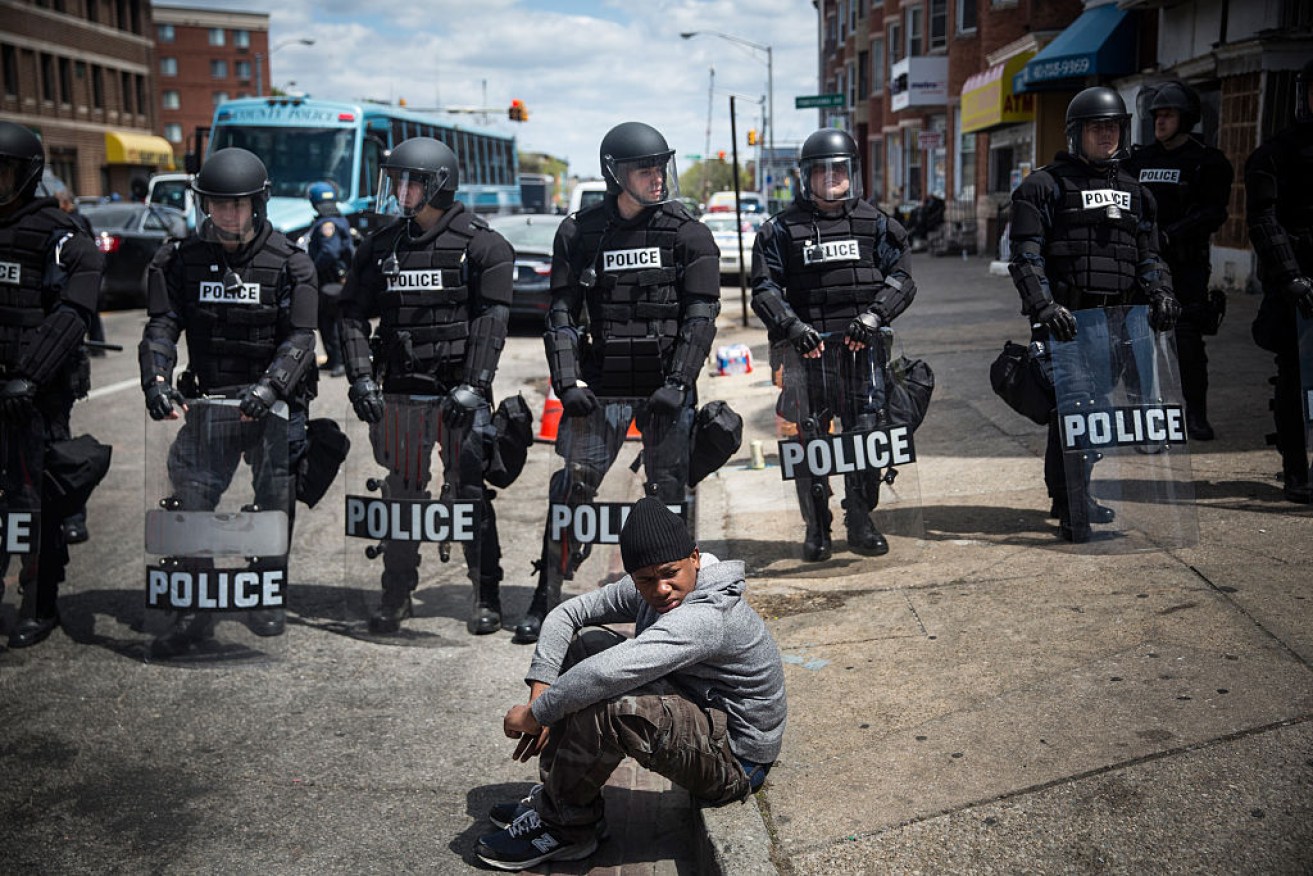
El Akkad drew some inspiration from his experience reporting the Black Lives Matter movement . Photo: Getty
As the US fractures further along partisan lines in the wake of President Donald Trump’s ascendancy, it’s hard not to look at Omar El Akkad’s brutally dystopian debut novel American War as a dark portent of things to come.
Following the troubled life of a young girl named Sarat Chestnut, born six years into a second Civil War sparked over oil, it traces her journey towards unimaginable revenge.
Set in a collapsing world littered with refugee camps and soldiers willing to torture, the seas are rising and drones deal death from above. Biological weapons are in play, as are suicide bombers.
If the ordeals faced by Sarat sound familiar, it’s worth noting that El Akkad, who was born in Cairo, grew up in Qatar and moved to Canada as a teenager, spent 10 years working as a reporter for The Globe and Mail, in Toronto.
In that time he covered the war in Afghanistan, the military trials at Guantanamo Bay and the Arab Spring revolution in Egypt. Now living close to Portland, Oregon, he has also covered the Black Lives Matter riots in Ferguson.
“Everything in the novel is deliberately filtered through a fairly grotesque lens, but in one form or another, all of this really happened,” El Akkad says.
A scene depicting polio vaccinations being handed out in a refugee camp closely resembles his time in Kandahar, Afghanistan, while a torture scene in a detention camp is eerily similar to Guantanamo.
“The visual language of Cairo during the Arab Spring, with the protestors, tear gas and a very militarised police presence, looks awfully similar to when I was covering Ferguson and the Black Lives Matter movement,” El Akkad adds.
An award-winning journalist, his first big story as a new recruit was the massive Toronto 18 case, where police intercepted an Al-Qaeda-inspired terrorist plot.
Some of the accused were only teenagers, and he uncovered their private chat forum, a fact that helped El Akkad get into Sarat’s tortured mind.
“Sarat starts off the book as this incredibly curious, defiant, stubborn but also trusting and loving young girl and the central arc of the book is how all of those character ticks are sort of turned against her by the war and by people who would manipulate her to get their way in that war.”
With George Orwell’s 1984 at the top of bestseller list in the US again, and a new television series adapting Margaret Atwood’s 1985 The Handmaid’s Tale, El Akkad is reluctant to be placed on the same level.
“I’m not fit to sharpen the pencils of George Orwell or Margaret Atwood,” he laughs. “But if I’m ever mentioned in the same sentence and it helps move copies, I won’t turn that down. It’s a small consolation to a brown Muslim man living in the United States right now.”
Does he fear for America’s future? “Dystopias tend to sort of cast towards the end, the extreme extrapolation of whatever they’re talking about, but they are written in the middle, when we’re not there yet. 1984 was written before our TVs started watching us back.
“I think people turn to these kind of books because they are worried and they hope that by seeing the end, they can avoid it.”
